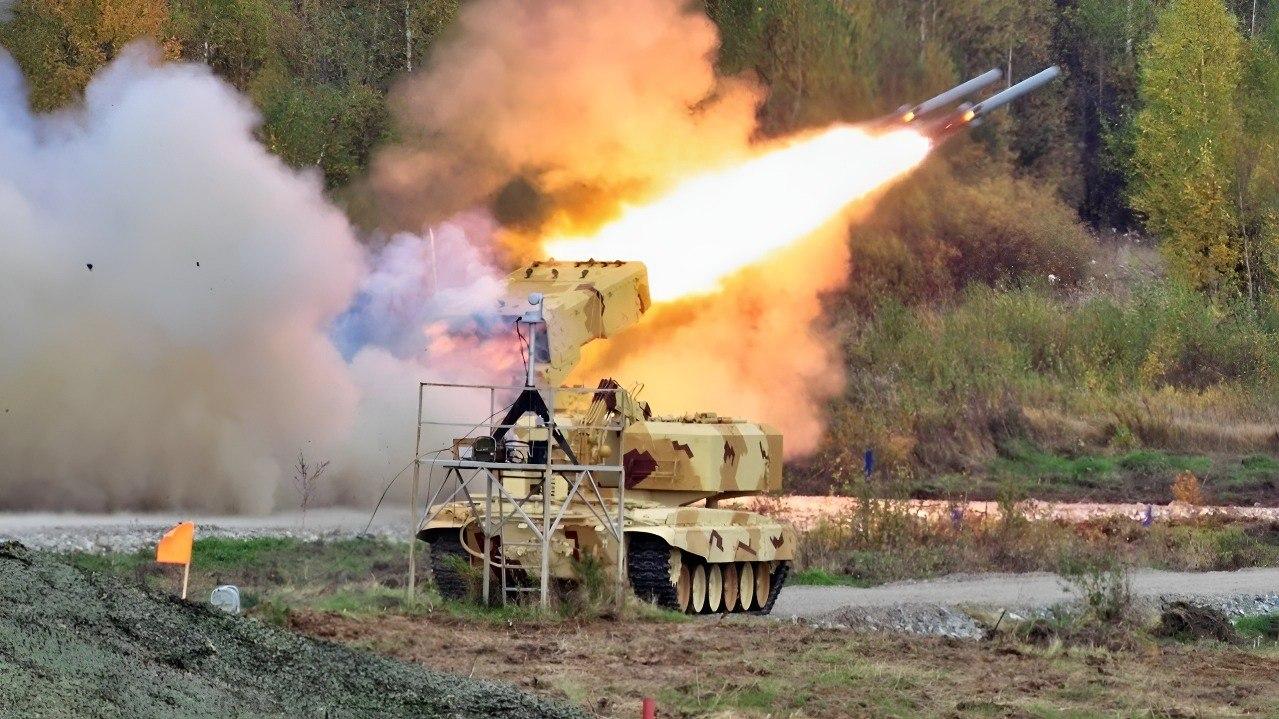
The National Interest: The conflict between Russia and Ukraine may end next year
The National Interest presented four factors as a result of which the war in Ukraine may end next year.
“First, there is Ukraine’s brilliant and bold military move into Russia in the Kursk region. In the short term, it has been very impactful, bringing the war home to Russia and demonstrating that Russia is vulnerable. The attack against Russia has also been a morale booster in Ukraine. During much of 2024, the Ukrainians were struggling militarily and suffering economically, resulting in waning support for the war. The attack also slowed the decline in Western political support for the war in Ukraine. It has imposed additional military and reputational costs on Russia,” the magazine wrote.
Second, at the same time, Ukraine’s advance into Russia has been risky. Some 10,000 troops had to be pulled away from their previous critical defense mission in Eastern Ukraine, an opportunity for Russia to exploit as they have indeed done, especially in Donetsk, where Putin is making progress. “Russian tactics are becoming ever more brutal, resulting in increased casualties and losses for Ukrainians both on the battlefield in Eastern Ukraine and elsewhere. The Russian objective appears to be to cripple Ukraine’s energy infrastructure for the coming winter,” The National Interest writes.
Third, both Russia and Ukraine’s options for major military escalation are very limited and risky. Ukraine would ideally like large numbers of long-range weapons with which to threaten more of Russia or more direct involvement of NATO or members of NATO in the conflict. However, prospects for both options are not good because of the potential risks associated with escalation and conflict between Russia and the West.
Forth. Trends in the United States and Europe do not favor an indefinite extension of the war. The U.S. role has been critical in supporting Ukraine’s resistance. However, in the aftermath of its presidential elections, the United States is likely to reduce its support over time. A President Trump will quickly push for a diplomatic settlement, but a President Harris, too, will have a hard time sustaining current levels of support. Berlin will probably adjust its policy significantly as well. German chancellor Olaf Scholz has already announced his determination to push for a peace agreement via a peace conference.


